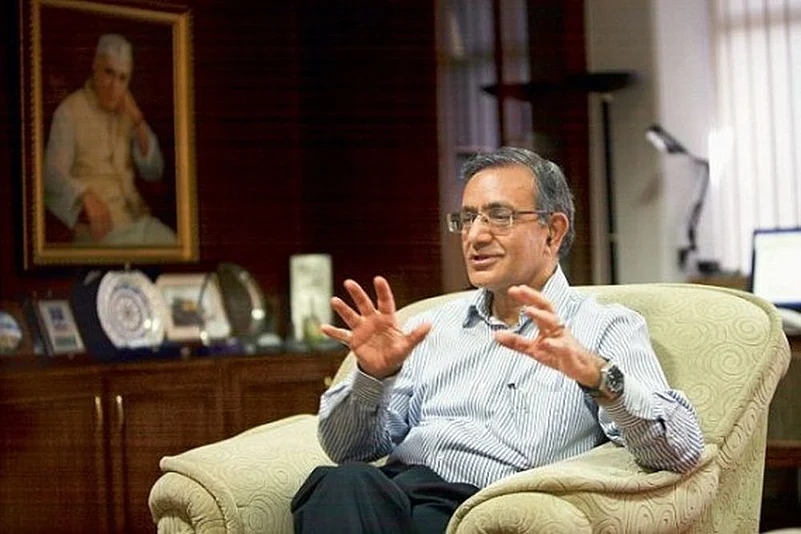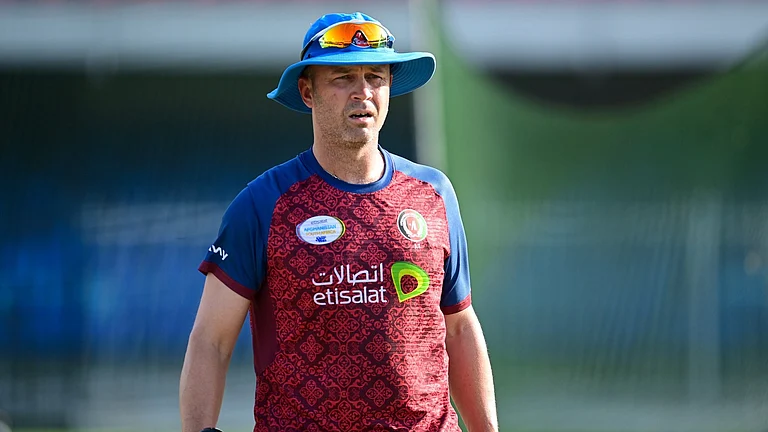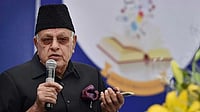Former JNU vice-chancellor SK Sopory has said the varsity's scrapped sexual harassment watchdog was working well and people had full faith in it, a view also expressed by a large section of students and teachers who have deplored the administration's move.
"GSCASH was a robust and independent body which was functioning well in JNU. About three years back, it was also made compliant with the Work Place Act 2013, after due discussions and that was approved by the Executive Council. All stakeholders have developed full faith in its functioning, barring a few individuals may be," he told PTI.
On September 18, JNU administration replaced GSCASH with Internal Complaints Committee(ICC) - a body which has members predominantly nominated by the administration, attracting criticisms from wide circles.
Sopory was popular among students and teachers for restoring JNUSU elections after a break of four years and for being easily accessible to students union and JNU Teachers Association (JNUTA).
He stressed that an administration like JNU needs to take decisions without "getting influenced by others" to avoid an atmosphere of conflict and mistrust that could impact research output.
"Conflicts must be resolved and demands must be listened to. The administration should give critics patient hearings instead of getting swayed by praises. One has to be careful of those faculty or students who end up praising all your actions," Sopory said.
Asked about the turbulent student agitations in the prestigious university and the challenges during his tenure, Sopory said, students listened to reasoning, so did all others.
"Despite agitations against me, I used to listen to their issues and attempted to resolve them," he said, adding that discipline was to be enforced with "love and compassion".
"If improvement of research and teaching is the main aim, then everything else can be sorted out. JNU has worked with that aim all through despite harbouring different political and social viewpoints," he said.
Sopory also attributed JNU's credentials to its students and faculty and pitched for continuing to offer support to them.
"JNU's credentials are achieved mainly by hard work of faculty and students and we need to continue supporting them," he said.
Commenting on the recent supersession of five seniors and appointing a junior candidate as dean for School of Social Sciences, he said, "Ever since this rule of rotation of headship came into existence, the university has followed the accepted principle of shifting the responsibility to the next senior person.
"This is done unless and until there is any inquiry going on against him or her for financial irregularity or sexual harassment or any other serious matter."
Be it seat cuts in MPhil and Phd, Najeeb's missing case, deprivation points, dissolution of GSCASH, or 'disciplinary action' against Prof Nivedita Menon, the students and teachers in the past two years have opposed various "arbitrary" decisions of the present administration.
(ANI)


























